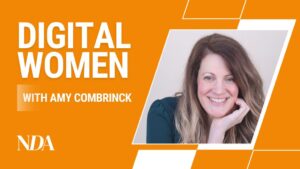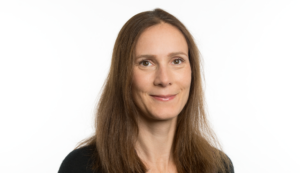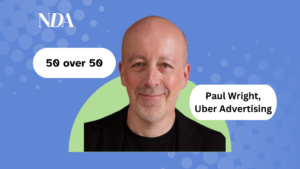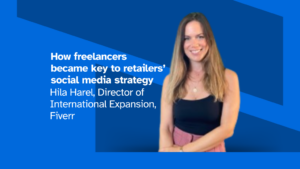We think it’s time to recognise and celebrate the true talent in our industry, the creatives, technologists, founders and leaders that are really driving our industry and shaping society, who just happen to be over 50. 50over50 is a series of interviews, shortly to become a podcast, with our most influential and inspiring industry leaders aged 50 and over.
Susan Franceschini, Executive Director, ThinkLA, has been involved in the Los Angeles ad, media and marketing industry for over 25 years and for the past 15 years has led ThinkLA to become one of the leading US ad associations.
What one thing are you proudest of in your career?
I’m so proud to be part of ThinkLA‘s creation and ongoing development.
We have created a community that touches so many people and helps them elevate their careers, their connections and their business.
What creative heights are you now capable of that you wouldn’t have been able to achieve at the early or mid-point of your career?
I’ve gotten comfortable being uncomfortable.
I’m more comfortable taking risks, not always having the answer and trusting myself and my experience to show up with the right answer.
What gives you the most satisfaction in your role today?
Seeing people come together in a community to help each other and tap into their creativity.
ThinkLA provides a forum for people to do just that.
What is the biggest lesson you have learned in your career?
Ask for help and just start. If you don’t know how to do something, find someone who does, ask for help and don’t wait for the perfect circumstance to appear.
Start, screw up, start again.
What advice would you give your 25-year old self?
Find a mentor…and start planning for retirement.
What is the biggest mistake companies are making in their attitude to age today?
This is a huge missed opportunity for companies and brands. There is so much wisdom that is being displaced as older employees are forced out.
Companies should be striving to connect the generations through reciprocal mentorship programs and creating environments that foster diverse collaborations.
What are you most excited about in your industry over the next 10 years?
I love the transparency that is forcing companies to stand for something, to have a purpose and bring more humanity into the workplace.
The by-product of which is better work.
What is your biggest regret about the industry today?
I wish the industry was further along on the diversity, inclusion and equality front.
There’s so much conversation and not enough action that has impact.
This is an industry that solves problems for a living and yet we have been slow to change. There has been progress, but there’s much work to do.









